China aviation business soaring through turbulence
Updated: 2015-05-02 08:57
By Liu Zhihua(China Daily)
|
||||||||
This sentiment is echoed by China Business Aviation Group CEO Liao Xuefeng, who is celebrated as the country's "godfather of the private jet".
"The anti-corruption campaign only cuts into a small amount of potential purchases," said Liao, who has worked in the industry for decades.
"Infrastructure is the biggest obstacle."
China has fewer than 300 airports while the United States has about 3,000, he pointed out.
"People who take seriously the idea that the anti-corruption campaign exerts a significant negative influence on the industry show they don't understand the business aviation and private jet sectors," he said.
Business aviation remains available only to the social pyramid's tip.
Hainan Airlines made headlines when it introduced the first business jet for chartered flights 20 years ago.
The sector grew gradually in the following years. Most customers were international corporations chartering flights for executives.
Chinese businesspeople began to realize the convenience and privacy business jets provide after the 2003 SARS outbreak suspended many public flights, Liao said.
Most private jets then were imported by airlines and companies to provide charter flights, rather than owned by individuals. More Chinese companies started buying their own jets in 2009, he said.
Business jet sales have dropped since 2008 from 1,317 that year to 672 in 2012, US General Aviation Manufacturers Association figures show.
Yet the Chinese market seemed promising during the period. More than 50 jets were purchased on the mainland in 2011, compared with 20 the year before. The number rose to 57 in 2012.
There were about 400 private jets in China last year, compared to 30 in 2010.
But that figure pales in comparison to the US' more than 14,000 business aircraft.
Bolen, of the NBAA, told China Daily before the ABACE that he believed China's business aviation market is poised for quick growth as the country eases such restrictions as low-altitude air-transport limits-and as people increasingly view business airplanes as tools rather than luxuries.
Yet popular understanding continues to associate them with extravagance.
A photo of Hong Kong kung fu star Jackie Chan posing in front of a Legacy 500 plane of Embraer in Shanghai on April 13 went viral on the Chinese Internet.
Chan owns a Legacy 650, made by the Brazil manufacturer, which reportedly costs $30 million.
Comedian Zhao Benshan is also reported to have spent $32.5 million on a Bombardier Challenger 850, which can seat 17 passengers and boasts a bar, gym and sleeping quarters.
The public was captivated by the 2010 news that Zhao's private jet agent selected flight attendants according to a competition and winners would earn annual salaries exceeding 200,000 yuan.
But fewer than five mainland showbiz stars own jets. The main customers have for the last decade been companies and executives, especially real estate company owners, Liao said. But more information technology elites are purchasing planes as the realty slumps and IT sizzles.
A reason few outside the business world own jets is their high purchase prices and tax rates, and expensive maintenance and use, plus the fact they are expedient to businesspeople-they enable them to travel wherever, whenever to seal deals-rather than serving solely as status symbols.
If a plane costs 200 million yuan, Liao explains, plus an additional 22.85 percent of the price paid in taxes according to law. Maintenance costs at least 6 million yuan a year. It costs 30,000 yuan to fly per hour, including fuel and other expenses.
And there are additional, although relatively low, fees to apply for permission to fly.
"Private jets are luxury items, but they're too luxurious to just be luxury items," Liao said.
"There's huge market potential because business aviation is the simplest, fastest and safest way to travel."
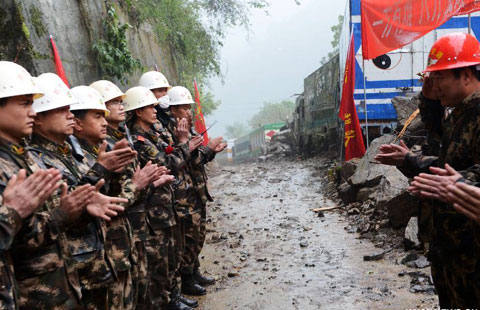
 Quake-hit China-Nepal highway cleared
Quake-hit China-Nepal highway cleared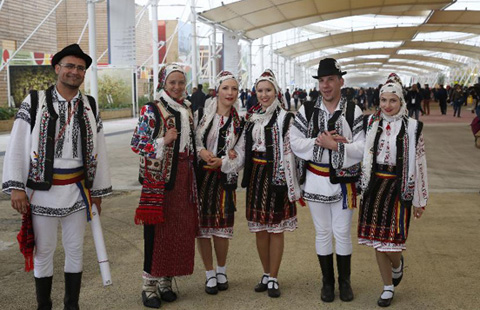
 Highlights of Milan Expo 2015
Highlights of Milan Expo 2015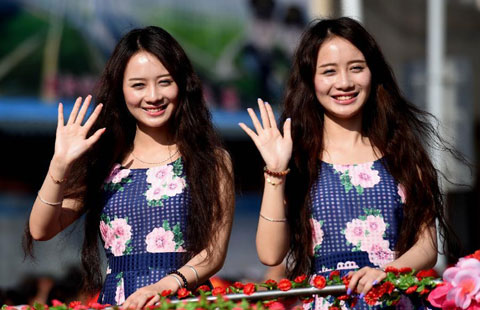
 Twins festival kicks off in Yunnan
Twins festival kicks off in Yunnan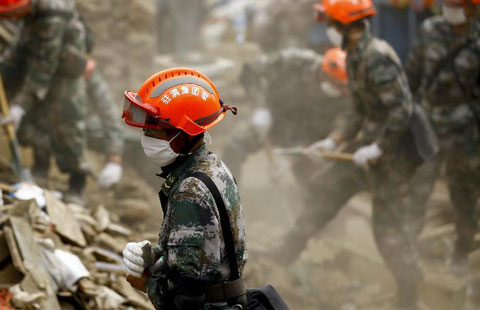
 Chinese rescuers work on outskirts of Kathmandu, Nepal
Chinese rescuers work on outskirts of Kathmandu, Nepal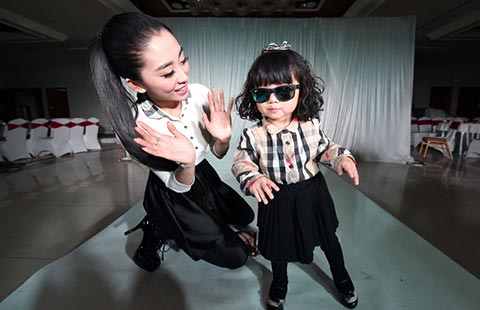
 Mother throws million-yuan fashion show for daughter's birthday
Mother throws million-yuan fashion show for daughter's birthday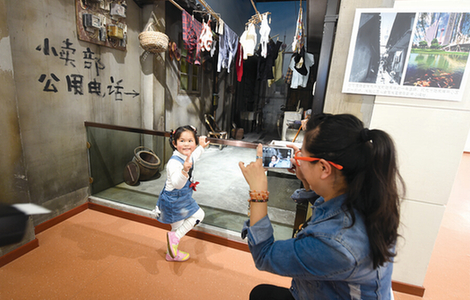
 Memory lane
Memory lane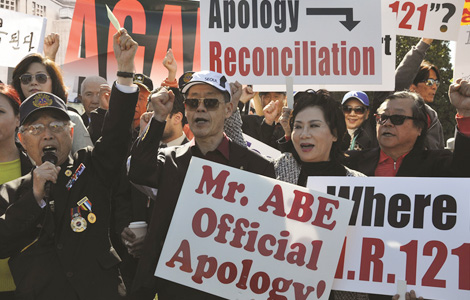
 Across America over the week (from April 24 to 30)
Across America over the week (from April 24 to 30)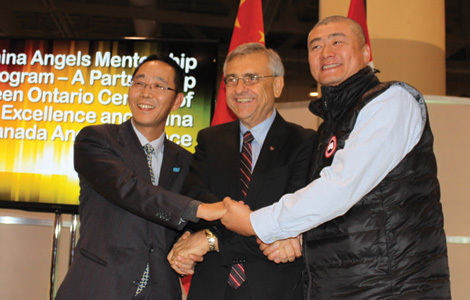
 Across Canada (May 1)
Across Canada (May 1)
Most Viewed
Editor's Picks

|

|

|

|

|

|
Today's Top News
UK's Duchess Kate gives birth to a daughter
Nepal President expresses gratitude for China's quake relief work
Beijing allows guide dogs
on subway
China aviation business soaring through turbulence
Abe protests continue in San Francisco
China's real estate approach lauded
May Day holiday will not be a boom for HK retailers: Analyst
Stay out of our affairs, China
tells outsiders
US Weekly

|

|







